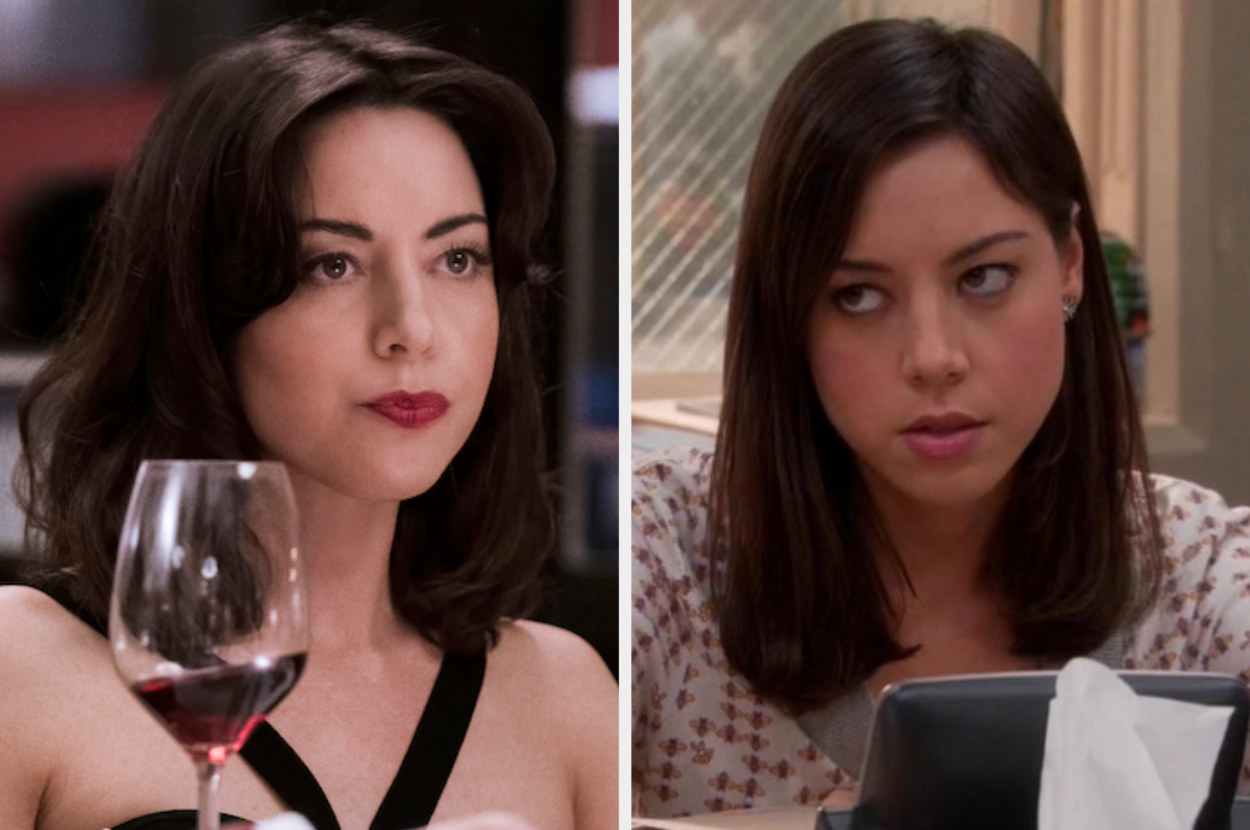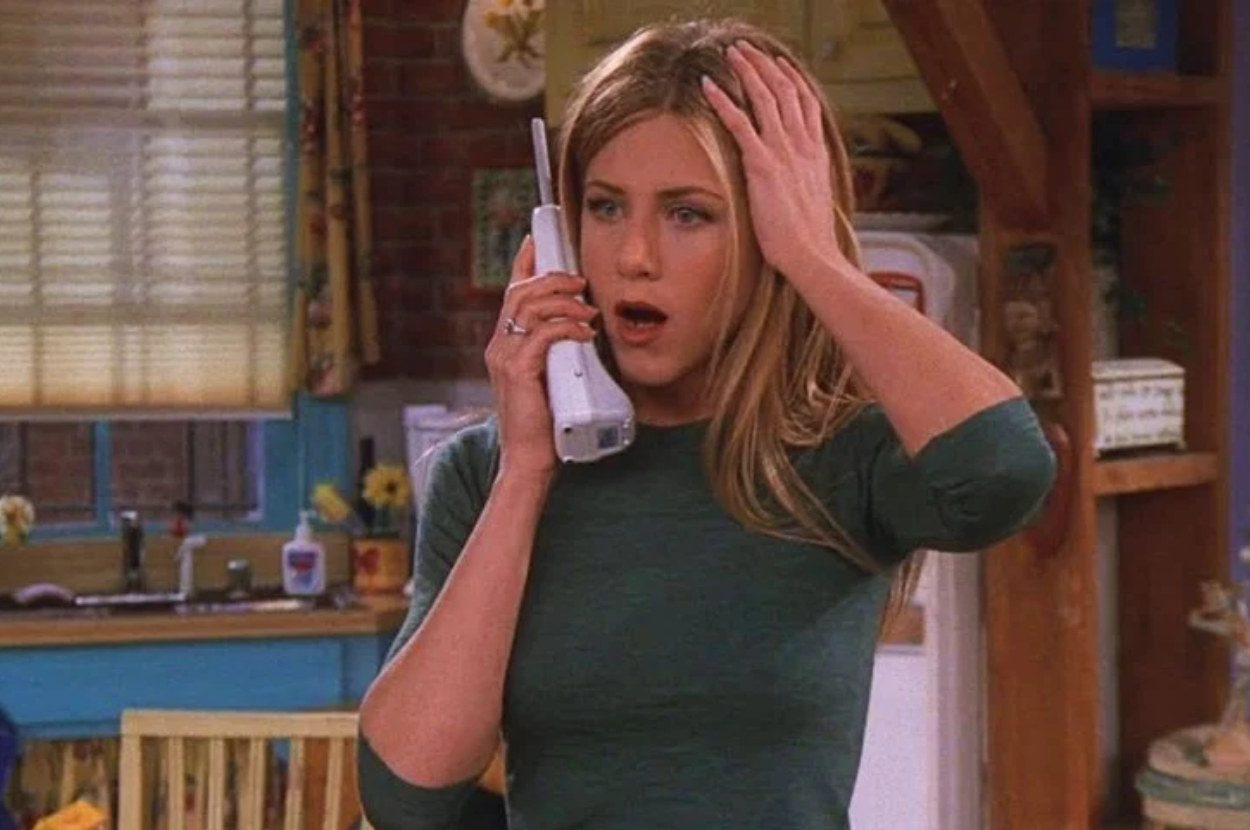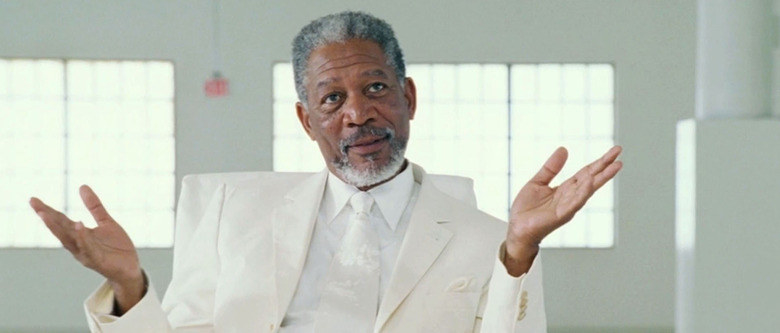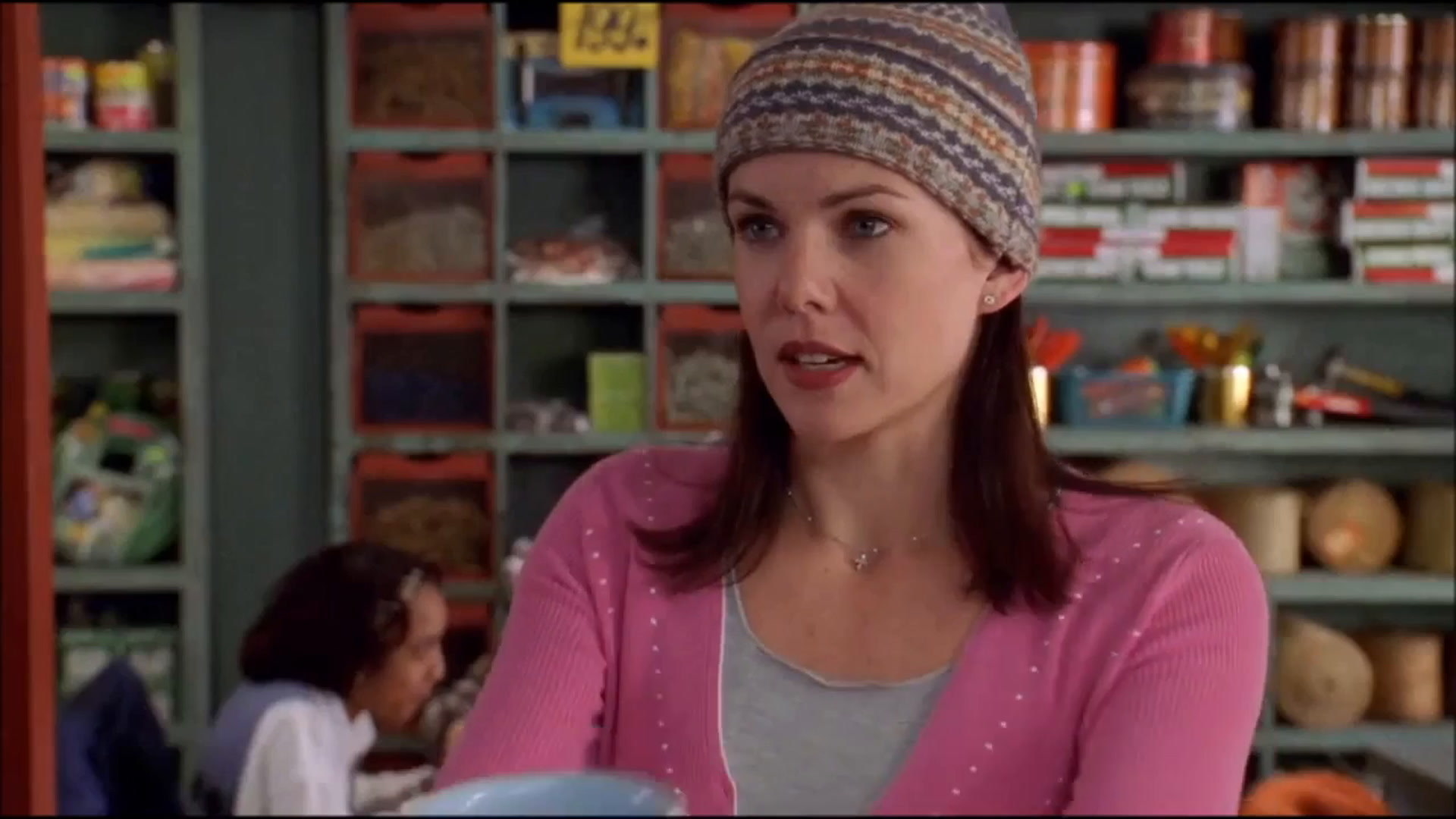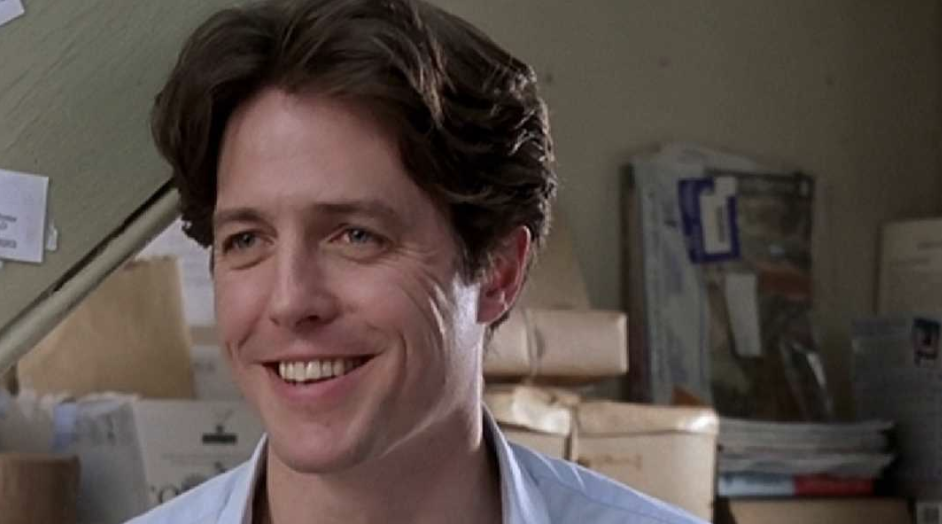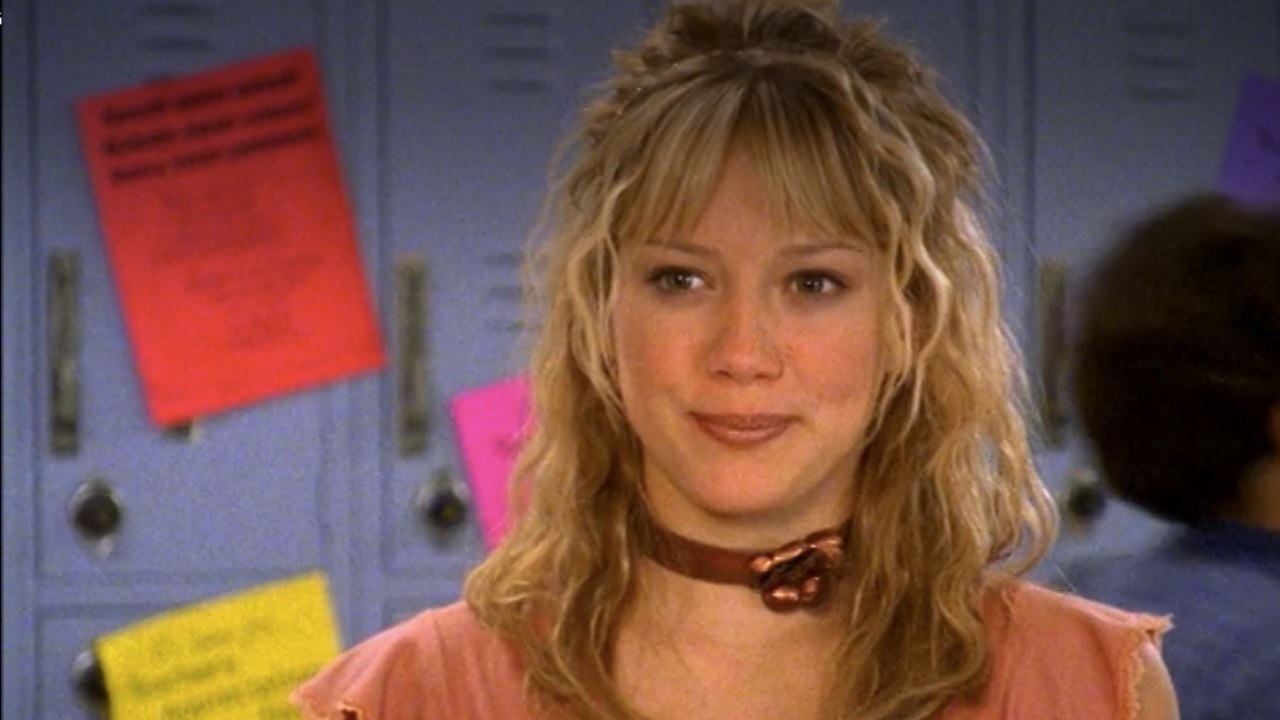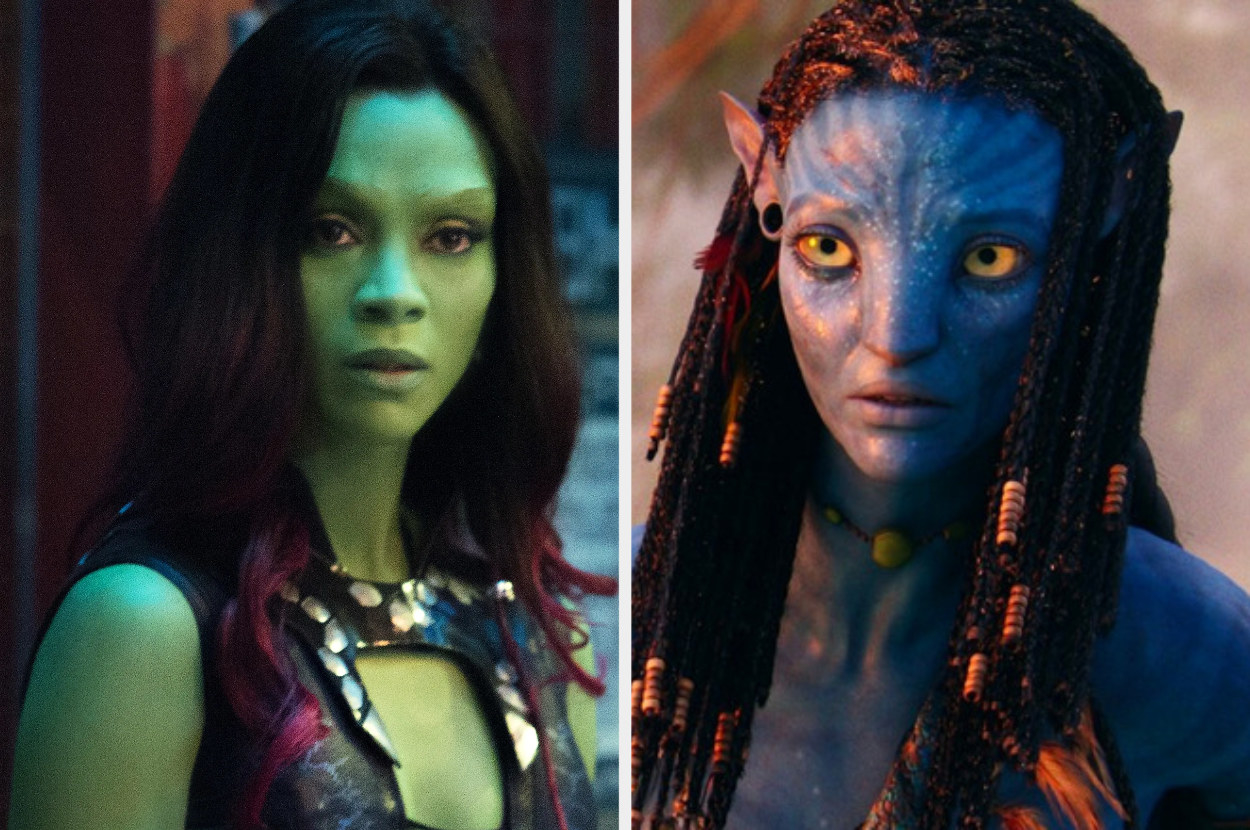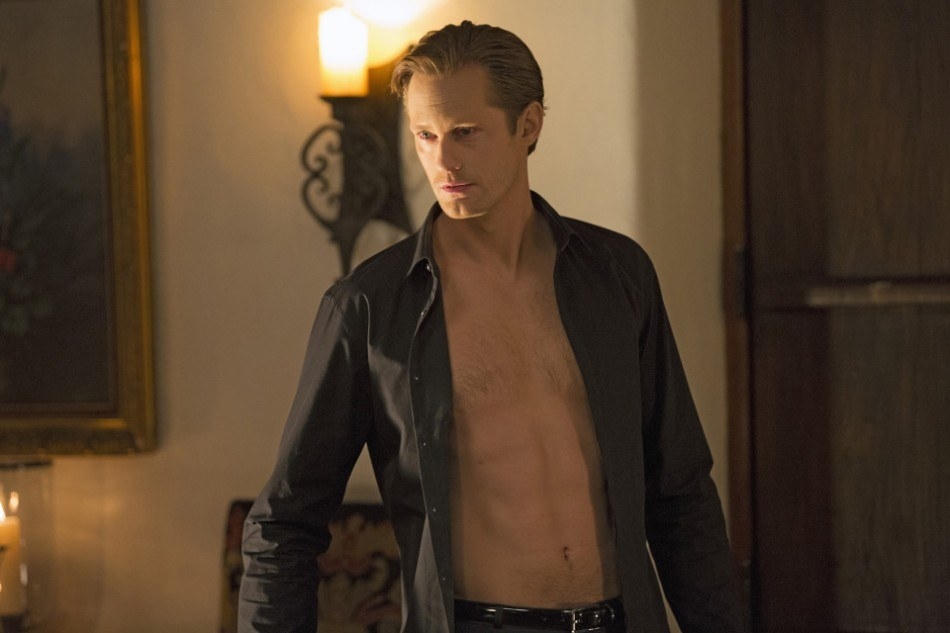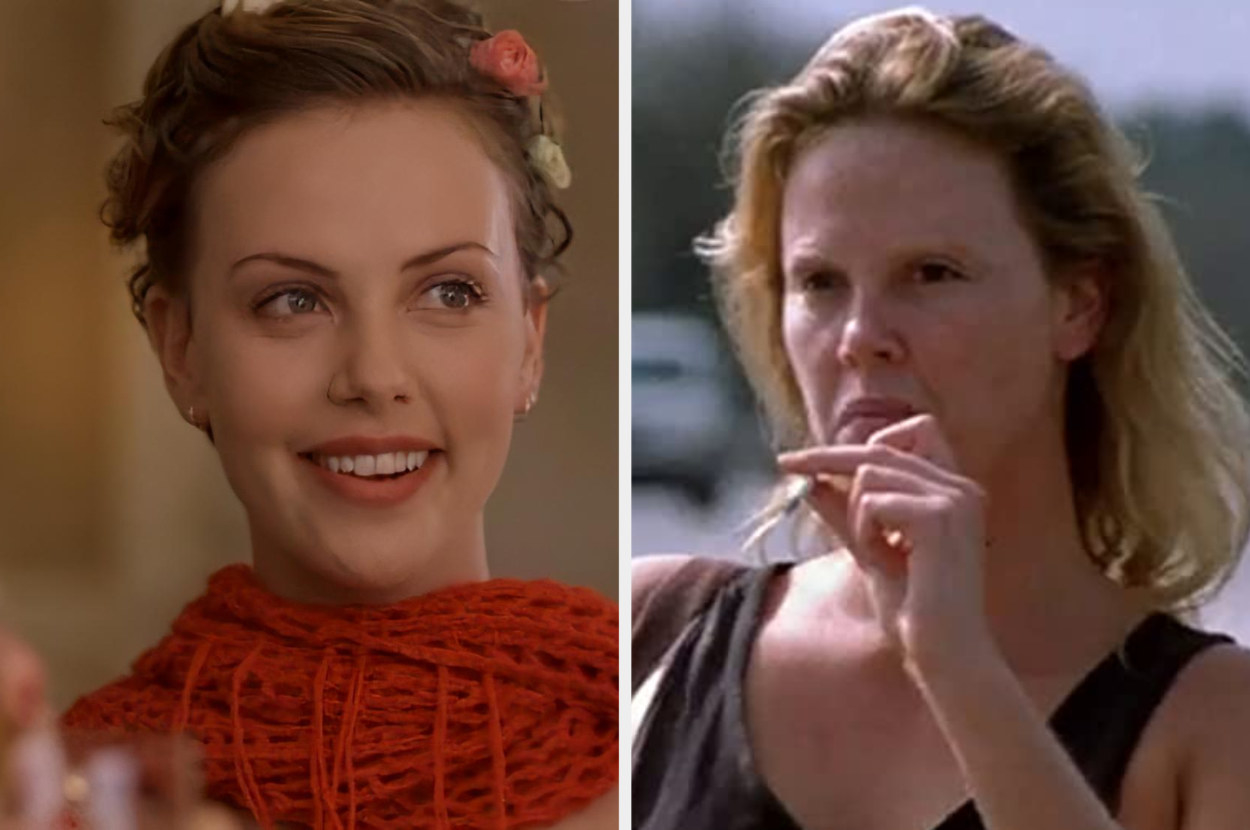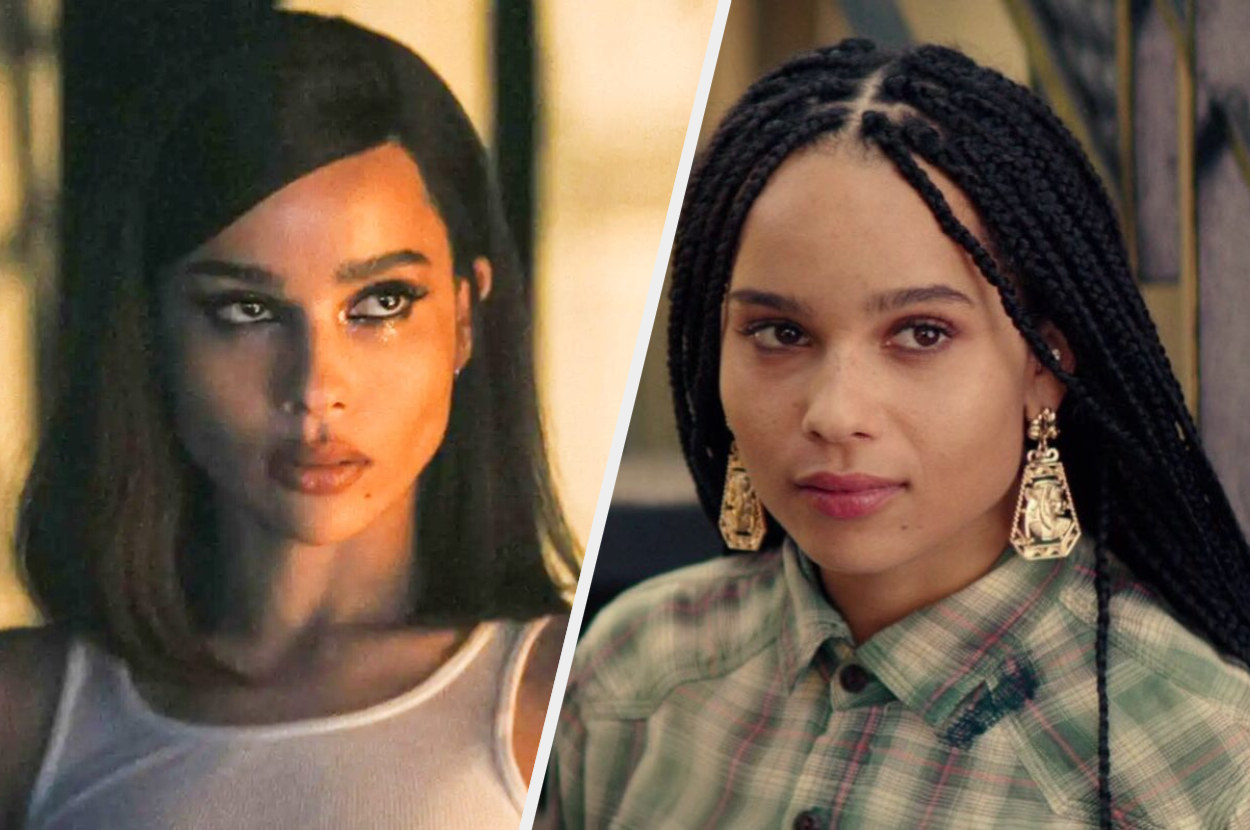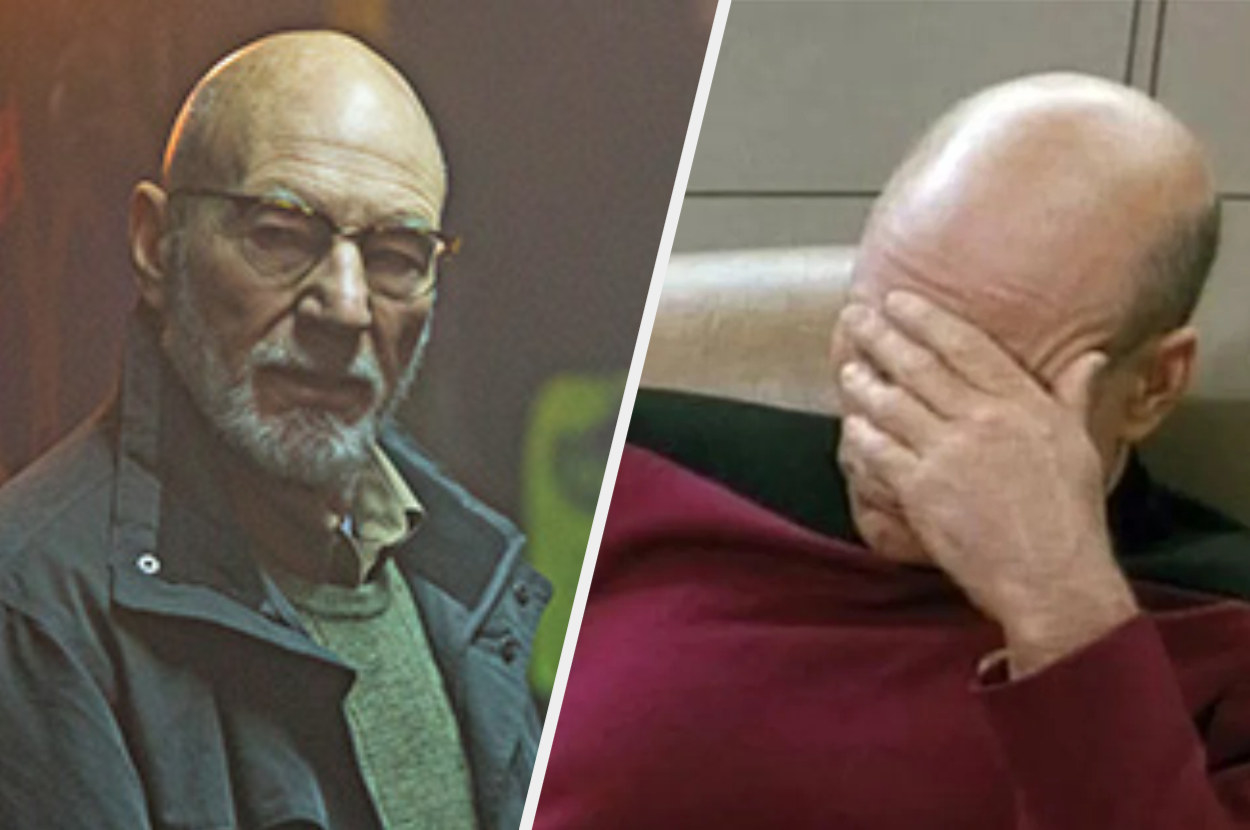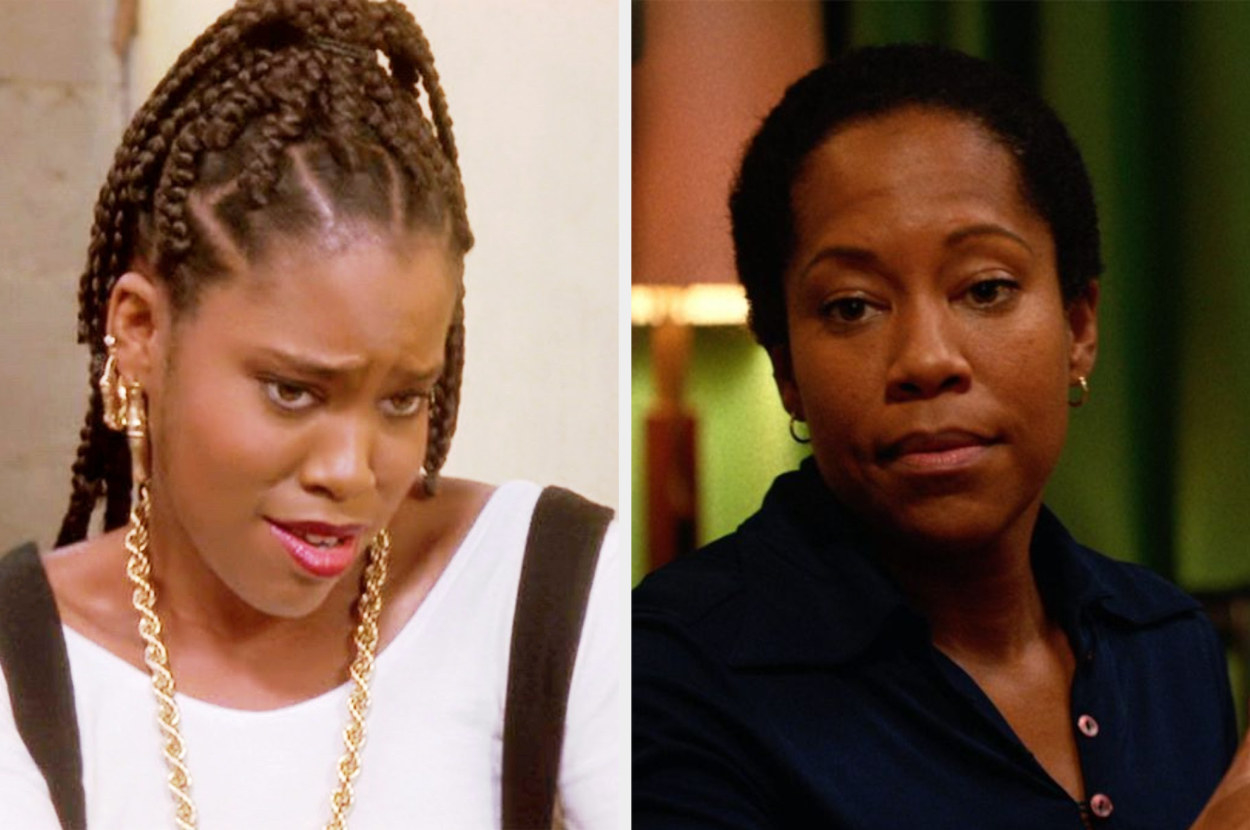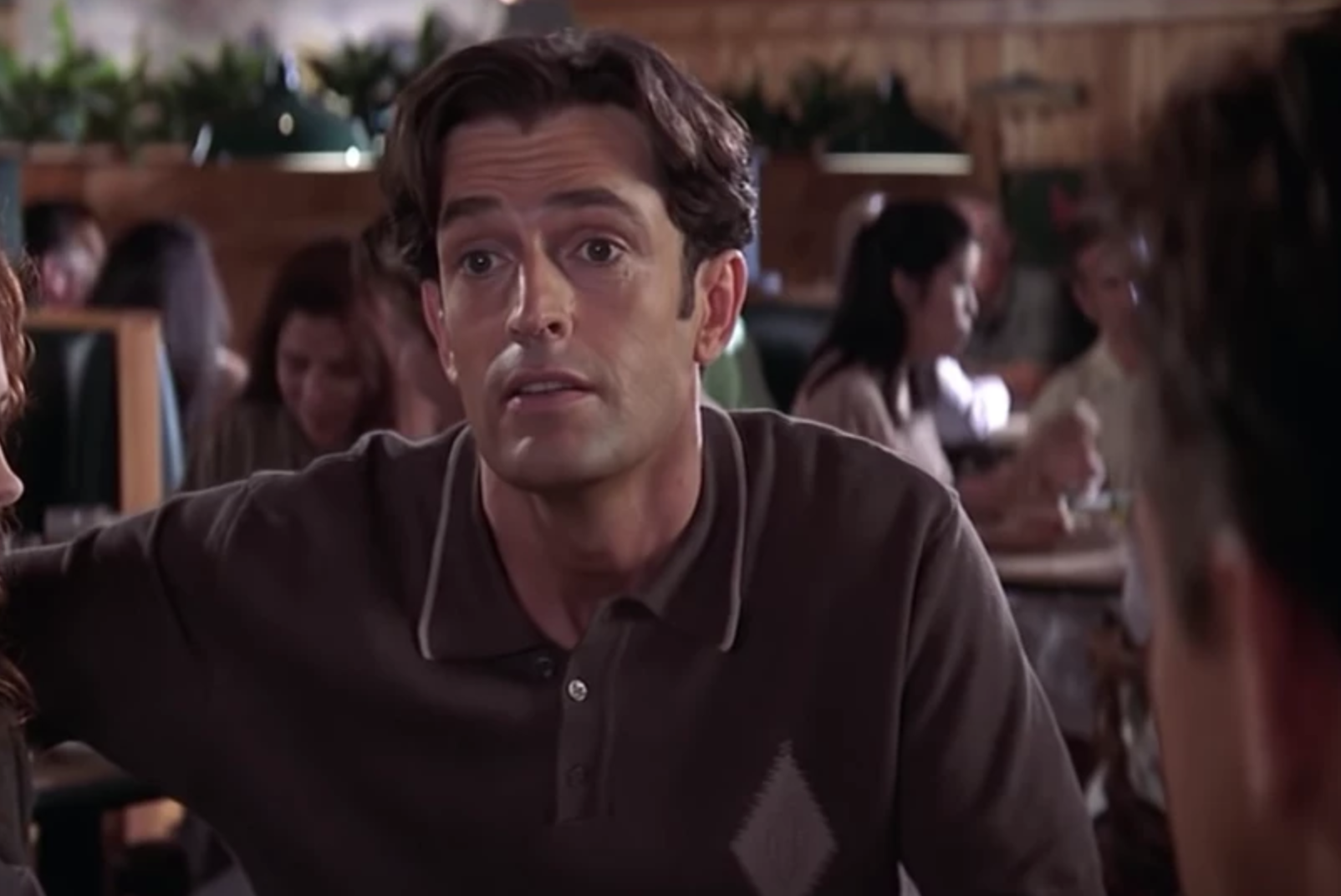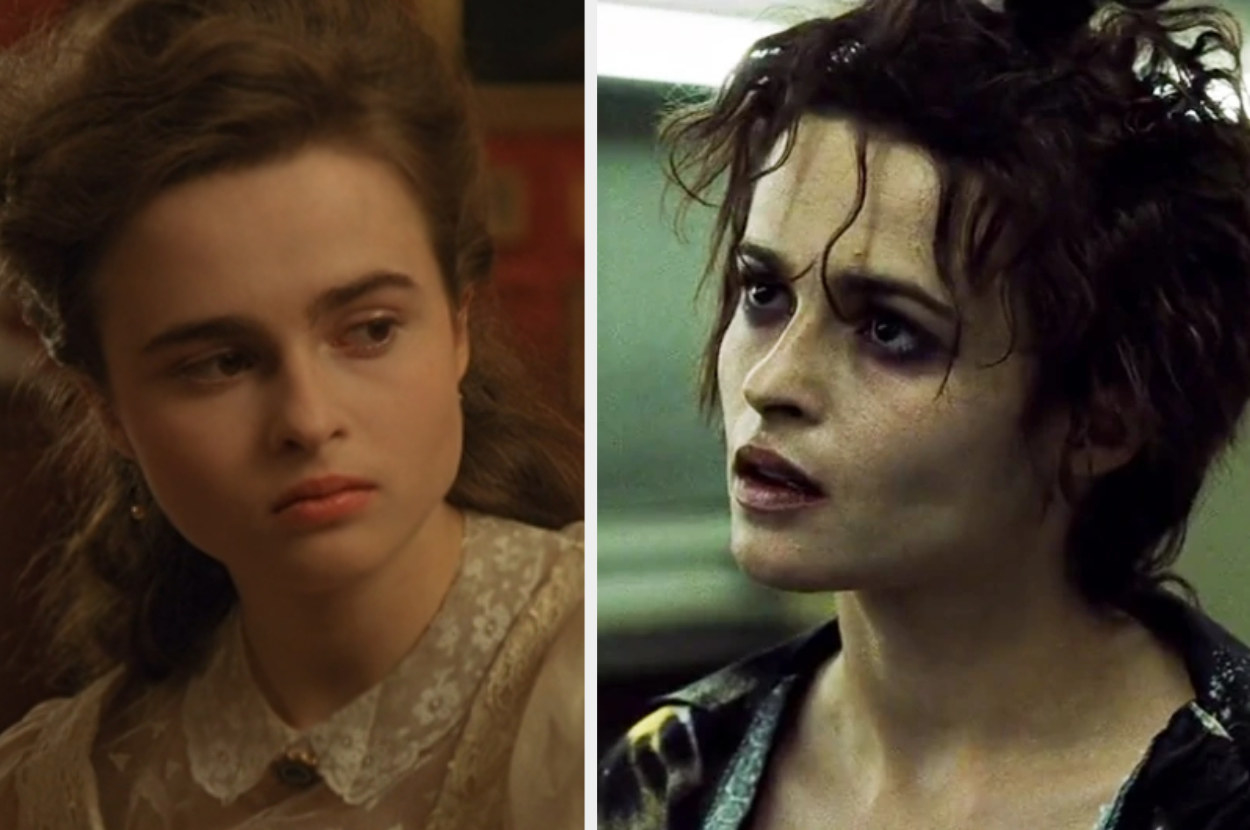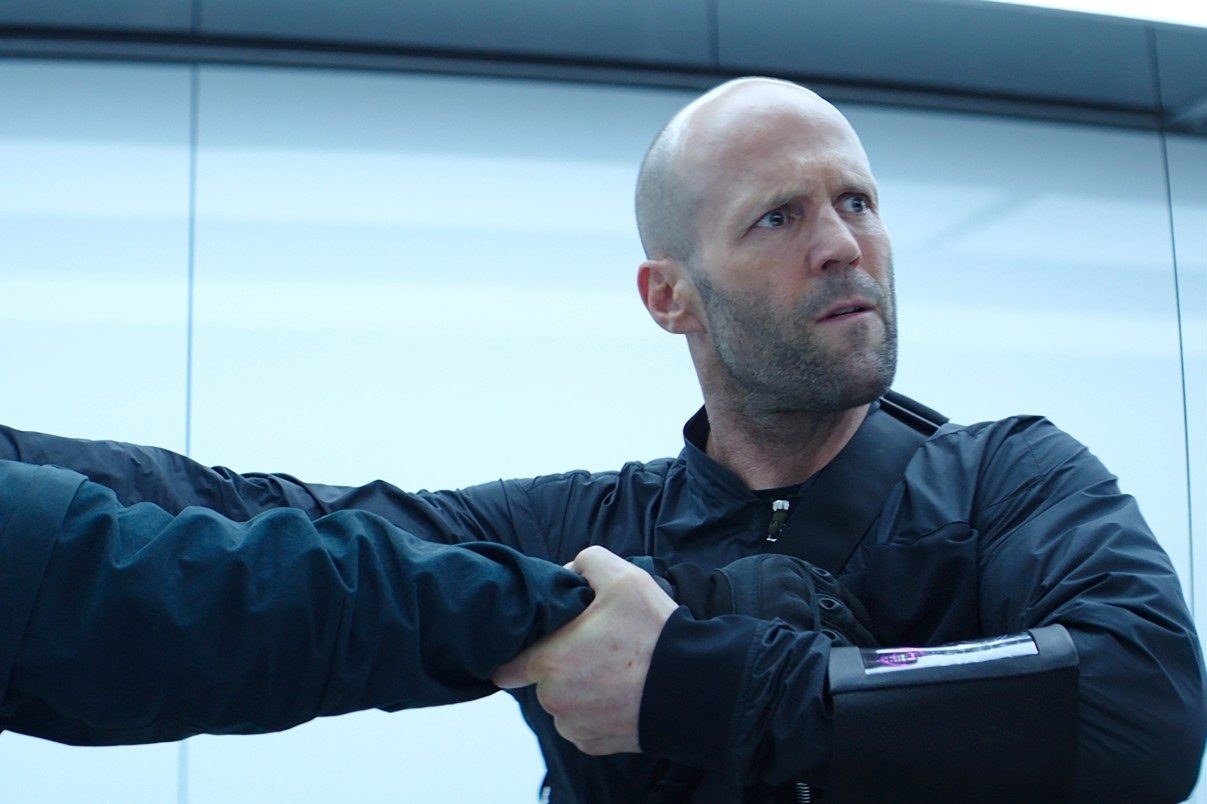“I don’t mind being typecast because I feel like I was so lucky to be on Parks and Recreation, and that was one of my first really big jobs, and I am so heavily associated with that character. I think there were years when I was on that show where I was like only getting offered those kinds of parts, and that’s just what happens." “But you just have to do it yourself, create it yourself, because people will just keep putting you in a box. That’s what they do.” “I actually don’t feel like I’ve done a comedy in a while. I don’t really approach them any differently. To me, if it’s a comedy or a drama, I have the same process that I go through, and the audience can decide if it’s funny or not.” Of course, Aubrey is no longer only associated with April and, as she said, she’s been in a wide range of non-comedic roles in the past few years including Black Bear, The White Lotus, and Emily the Criminal. “You just exhaust yourself. I mean, I could not get Rachel Green off of my back for the life of me. I could not escape “Rachel from Friends,” and it’s on all the time and you’re like, “Stop playing that fucking show!” She talked about trying to shed the character of Rachel Green in The Good Girl: “I remember the panic that set over me, thinking, ‘Oh God, I don’t know if I can do this. Maybe they’re right. Maybe everybody else is seeing something I’m not seeing, which is you are only that girl in the New York apartment with the purple walls.’” “Even that first year [of Friends], I immediately became worried about being typecast for the rest of my life. And then I said, ‘This is not something in my control. I’m just going to play the long game.’” During the show’s peak, David snubbed a number of roles in the Ross mould, in favour of different parts, including his role as Captain Herbert Sobel in Band of Brothers. Of course, David went on to be a directing force, handling various wildly different projects, from Run Fatboy Run to Trust. On this development, which lead to parts including his brilliant performance in The Shawshank Redemption, and later his iconic role as God in Bruce Almighty, Morgan said: “I’m God, I’m Mr Good. And if I’m stuck in this place, it’s because directors and writers think of me as being this person.” He went on to talk about playing the bad guy again, which he has of course since done in films such as Now You See Me: “I’d love to be a bad guy. I mean a super bad guy. Somebody, you could really have empathy with, understanding of what they want and why they want it." “You have your leading lady, you have a side clown, you have an elder. You have these sort of things that recur, and within that, there’s the amount of space something takes up, and I’ve played a lot of characters who we call ‘real estate.’ If I’m in a kid’s movie, I’m playing the kid’s mom.” “For so many years, I was the best friend, and then I kind of graduated into moms.” The meeting was to discuss a potential project that Matt could write for Hugh to star in. At the meeting, he had this interesting anecdote: “[Grant] had these ideas, and he was explaining them like, ‘Then smoothie Hugh comes in and saves the day.’ He kept referring to himself as ‘smoothie Hugh’ like he was completely over it.” Of Hugh, said: “That system was making him be this thing — and he was great at it, and he has shown he’s more — but that wasn’t all he was.” As a result of the meeting, Matt swore never to allow Hollywood to typecast him. She mentioned that even when delivering great auditions, the casting directors couldn’t unsee Lizzie – “I would get to producer callback and they’d be like, ‘She’s so great and she gave us the best reading and blah blah blah, but she’s Hilary Duff…’” Since becoming a mother though, Hilary has come to terms with everything, saying: “It just doesn’t annoy me anymore when people refer to me as Lizzie McGuire or say that was my biggest role because it paved the way for all the other roads I’ve been able to take.” “Science fiction is a genre that I have been obsessed with as a child and then it took on a whole new meaning for me as I started to grow in my career as an actor, because it provided the freedom in space that I couldn’t have on Earth.” But she’s also keen to explore other avenues, including going back to the stage (where she began her career), where she wants to perform on the West End – something I think we can all agree would be amazing! “Still, after my first job I was on a stupid ‘sexy hunky hot list,’ and then people didn’t take me seriously. If you want characters with depth but have been labelled ‘a dude who takes his shirt off,’ you’re not going to get those offers.” While still acting in top-off roles like The Northman, Alexander has shaken this “sexy hunk” brand off somewhat – The Northman was far more gritty and serious, and roles such as his in Succession show that he’s been taken more seriously. She elaborated, saying: “How many roles are out there for the gorgeous f**king gown-wearing eight-foot model? When meaty roles come through, I’ve been in the room and pretty people get turned away first.” It’s a curious claim, one that is supported by Charlize’s Oscar-winning role in Monster, one of her most serious and “meaty” roles, for which she de-beautified herself somewhat. She explained what it was like getting offered the same roles all the time: “People have tried to do that to me over and over again and I’ve been fighting it and fighting it. I would get auditions and it would be like ’they want you to play the best friend.’ And it’s like ‘why can’t I audition for the lead?’ Then it’ll be like ‘OK now you’re the quirky Black girl,’ or ’now you’re a hippie.’” Zoë had to work through this – the role she had in The Brave One was initially written for a blonde white Russian girl, she said: I was like, ‘I’ll audition for it anyway. It changed [director Neil Jordan’s] mind about how he saw that role." Hurdles still remain, Zoë said that she was told she was “too urban” to star in The Dark Knight Rises. Of course, last year she did star in The Batman, excellently portraying Catwoman. During his time with the company, he went from playing the fool, to “disturbed rulers and kings”, and then “neurotic, self-obsessed men of hysterics.” In the film industry it was his role in Star Trek that paved the way for the type he’d be offered for years after, he said “The roles of Jean-Luc Picard and Charles Xavier have dominated my work and have helped to create an impression of who Patrick Stewart is. It ain’t accurate.” After playing these roles, he continued to be primarily offered similar work – “lots of captains of starships and leaders of extraterrestrials.” He has since reprised his role in Star Trek: Picard, but in-between has portrayed characters out-of-type, particularly his villainous role in Green Room.
“I saw that I was being stereotyped,” Regina says. “I saw that a lot of us were being stereotyped. I didn’t want to be part of that — that’s not the narrative I was creating for myself.” “I started saying no to things if the stories were too narrow, the kind that only depicted women as the kind of woman I was in Boyz ’N the Hood. It was a great role for me — I needed to do that to show the difference between what I did in 227 — but after that, that was enough.” Regina’s career speaks for itself – from incredible (and utterly different) performances in If Beale Street Could Talk to Watchmen and The Harder They Fall, she’s clearly shaken off any typecasting remnants from her early career. He spoke about this in an interview where he explained why his career came to a halt: “I became quite successful as a gay man playing a gay best friend character, but you can only take that so far without tiring the audiences and I think it’s very difficult to graduate from that to something else.” Early in her career, however, she was tied to different roles, as she explained: “When I started in the profession, I was very much an ingenue and appeared in a lot of costume dramas. That was my typecasting. On early perception, she said, “I was like the corset bimbo. Well, not quite bimbo, but you know what I mean. The corset sex symbol, I suppose.” Her reaction to this typecasting was to purposefully deviate from these roles, she remembers thinking: “I’ve got to play a chimpanzee in a Tim Burton film because I’m getting out of my skin.” Roles like hers in Fight Club and the successive Tim Burton movies took Helena away from the “corset sex symbol” typecast, even if some argue they lead to a series of similar roles themselves. “I think a lot of the movies we get to do if you’re in that action genre, they’re a little one-dimensional.” He spoke about the nature of the people he is portraying in these movies, saying: “They’re not scared of anyone, they’re not living in hope, they’re not trying to hide the pain, they’re not trying to find a reason to live - they’re almost robotic. I think there is a certain stigma attached to playing those roles.” “How can you express yourself? If you do a dozen years [in action movies], no one thinks you can act because you’re just playing one type of thing.” This cliché, coined by Nathan Rabin, is where the character “exists solely in the fevered imaginations of sensitive writer-directors to teach broodingly soulful young men to embrace life and its infinite mysteries.” Natalie is troubled by the trope, but also believes it’s good that people are recognising it now. She was able to branch out from the Manic Pixie Drem Girl type she played in films such as Garden State, winning her oscar for her part in Black Swan and recently playing the mighty Thor in the MCU! Jacob talked about how he wanted to leave behind the high school jock character: “Nothing against that but I’ve sort of done it and it would be really hard for me to find joy in that. I’m also getting older now, and I’m starting to look older, so to keep going back to high school is kind of taxing.” Jacob also spoke about a notable “shift” happening after staring in Euphoria: “After Euphoria, the coolest shift happened. It put me on the radar, that I could maybe act, and it allowed me to sit down with these guys whose work I admire – they knew my work and they had enjoyed it.”
